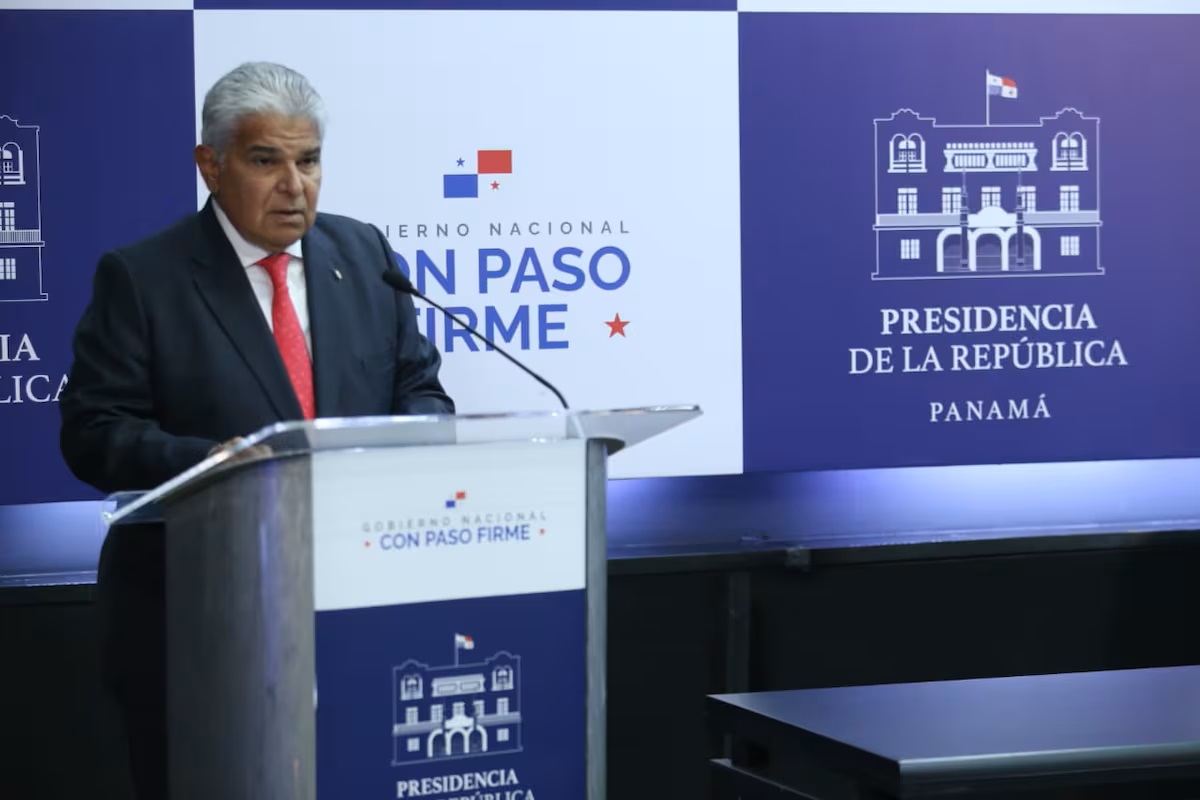President José Raúl Mulino on National TV Thursday to Discuss CSS

President José Raúl Mulino has met with various sectors of society and has requested proposals to reform the Social Security Fund’s pension system. Thursday, September 12, he will speak on national television to discuss the situation. The crisis at the Social Security Fund (CSS) has reached a critical point, and national attention is turning to the President of the Republic, José Raúl Mulino, who is preparing to present his proposal to save the bankrupt solidarity pension program. In a series of meetings involving medical associations, unions, teachers, workers, businessmen and politicians, Mulino has gathered a wide range of opinions and proposals that form the basis of his plan to reform the Disability, Old Age and Death (IVM) program that has a funding deficit: the defined benefit program, better known as the solidarity system. Concerns about the sustainability of the pension system have grown in recent decades, exacerbated by an alarming deficit that threatens to leave many retirees without the necessary support, however, the president has stressed the urgency of finding a comprehensive solution to avoid an even greater crisis, and the law he will present is expected to come into force from January 2025.
For almost a month, the head of state held meetings with different social sectors to learn their views on the critical situation facing the CSS, an institution criticized for its poor service and the constant lack of medicines. During these meetings, various organizations have presented their opinion to the president on how to solve the problem of the lack of funds in the solidarity pension system, which according to actuarial reports from a few years ago, the reserves have been exhausted and, if nothing is done, the deficit it will face by 2030 will be more than 2 billion dollars. In an interview, Temístocles Rosas, president of the National Council of Private Enterprise (Conep) stressed the position of the private sector regarding the reforms needed for the system. Rosas made it clear that the intention is not to privatize the institution, but to strengthen its Institutionality and autonomy to ensure an efficient health service and the timely payment of pensions. Rosas also explained the proposal put forward by Conep, which includes a reform structured on three pillars, which supports the possibility of receiving pensions for those who do not meet the quotas, for those who have defined benefits and for individual savings.





